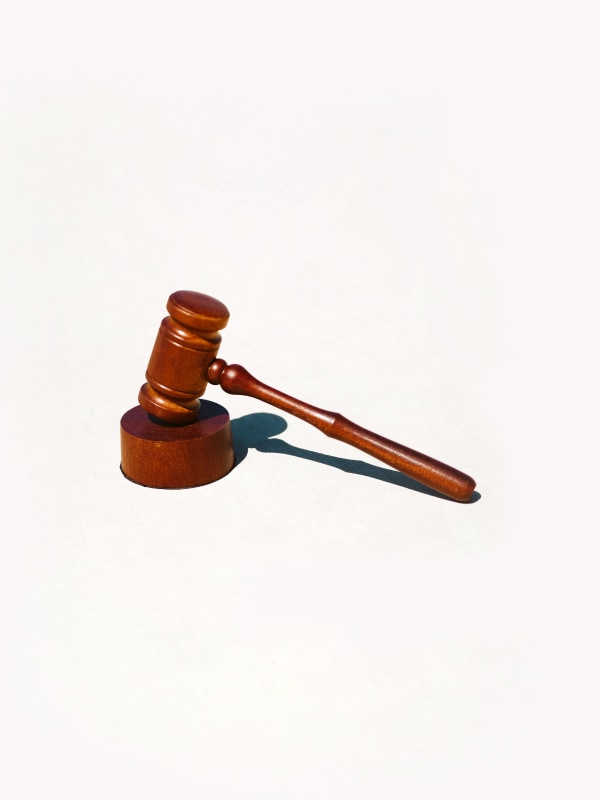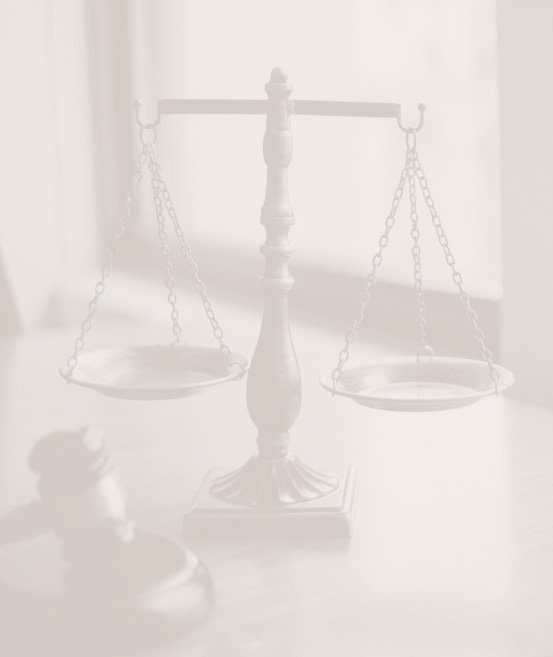Law

Wisconsin State Statute 704.07, with its intricate provisions, might seem daunting at first. In this section, we demystify the Statute and shed light on Wisconsin’s codified implied warranty of habitability and its legislative intent.
(3) Duty of tenant.
TENANT REPAIR DUTIES
Wisconsin law, specifically under Wis. Stat. § 704.07, delineates the explicit responsibilities that both landlords and tenants possess in the context of property maintenance. Notably, the statute distinguishes between the obligations based on the nature of the rented property and the portion of the property over which control is maintained.
Firstly, control over the property is a pivotal factor in ascertaining repair duties. Wis. Stat. § 704.07(2)(a)(1) states that the landlord has a duty to “Keep in a reasonable state of repair portions of the premises over which the landlord maintains control.” This naturally raises the question: what constitutes the landlord’s control? When a tenant rents a standalone house, the landlord usually does not retain direct control over the entirety of the rented property. Conversely, in the context of an apartment within a larger building, landlords often retain control over common areas and shared facilities, which would therefore fall within their purview of repair responsibilities.
Wis. Stat. § 704.07(3)(b) provides further clarification regarding the tenant’s obligations. It reads, “ the tenant is also under a duty to keep plumbing, electrical wiring, machinery, and equipment furnished with the premises in reasonable working order if repair can be made at cost which is minor in relation to the rent.” Explicitly, “minor” can be understood to signify a cost that is less than the monthly rent.
Conversely, when repair expenses exceed the monthly rent, the obligation to rectify shifts to the landlord, ensuring that larger, more significant repairs aren’t unduly burdensome to the tenant, especially given that the landlord retains the ultimate ownership and vested interest in the longevity and maintenance of the property.
In conclusion, under Wis. Stat. § 704.07, while landlords have overarching duties to maintain their properties, tenants too have responsibilities, especially in the context of minor repairs. The key differentiation lies in the nature of the property, the portion controlled by the tenant or the landlord, and the cost of repairs in relation to the monthly rent. These distinctions in duties are critical in ensuring both parties understand and fulfill their respective roles in property maintenance.
RENT ABATEMENT
Under Wis. Stat. § 704.07(4), the Wisconsin Legislature clearly sets forth the circumstances under which a tenant may be entitled to rent abatement. The statutory language emphasizes the gravity of the conditions that might entitle a tenant to such a remedy: the premises must become “untenantable” due to significant damage like fire, water, or other major casualties or conditions that pose a significant hazard to health.
The case law underscores this perspective. As articulated in Raymaker v. American Family Mutual Insurance Co., 2006 WI App 117, the legislative intent behind § 704.07 wasn’t to establish a new avenue for negligence suits against landlords. Instead, the goal was to recalibrate the balance of responsibilities between landlords and tenants concerning property repairs. By design, subsection (4) provides tenants with the remedy of rent abatement in response to a significant condition, such as a flood, fire, or other major casualty and only if the tenant chooses to continue living in the building. Before the passing of Wisconsin State Statutes 704.07, if an apartment building burned down, all of the tenant who lived there would still be liable for the rent for the duration of their rental agreement.
Moreover, the statute makes clear that rent abatement isn’t a catch-all solution for minor inconveniences or damages. The very definition of “untenantable” implies a severity that far surpasses minor repair needs or those that a tenant might be able to mitigate on their own. Furthermore, as outlined in Wis. Stat. § 704.07(3)(b), if a repair’s cost is minor in relation to the rent or less than the rent, it falls upon the tenant to address it, further emphasizing the Legislature’s intent to reserve rent abatement for substantial issues and not an inconvenience.
In conclusion, based on the statutory framework and the pertinent case law, it is evident that rent abatement is a remedy intended for significant, immediate concerns affecting a tenant’s use of the premises.


Trusted
Navigating the world of tenant rights can be a complex endeavor for many, and for those seeking guidance, the Wisconsin Tenant Union has been a reliable compass. Comprised of dedicated non attorney volunteers, our team strives to make sense of housing laws to assist and guide tenants. However, in recent times, we’ve come to realize a broader issue that extends beyond housing: the challenge posed by the intricacies of Wisconsin’s legal landscape.
What many might not realize is the profound political influence that affects the interpretation of our state laws. Take, for instance, the fact that several monumental legal decisions in Wisconsin have been handed down by the state’s Supreme Court on a razor-thin margin of 4 to 3. Such slim majorities mean that a single justice’s personal viewpoint—be it leaning liberal or conservative—can tip the balance and substantially affect how a law is interpreted.
The consequence? Profound ambiguity.
When three of the state’s most accomplished legal minds—sitting justices on our Supreme Court—disagree with a decision, it inevitably raises questions. If they, with their wealth of knowledge and experience, can have differing opinions on a statute’s interpretation, where does that leave the average Wisconsinite?
This isn’t merely a theoretical concern; it has tangible ramifications. For someone without a legal background, understanding the nuances of our state’s laws becomes an uphill battle. When our highest legal institution is divided, it sets a precedent of uncertainty. The layperson might wonder: “If the top legal minds can’t agree, how am I expected to understand?”
We share this observation not as a criticism, but as a call for reflection. Laws, by their very nature, are designed to provide clarity and structure. However, when they’re marked by ambiguity—whether due to narrowly split decisions or complex wording—they can sometimes miss the mark.
In an ideal world, our laws would be clear, accessible, and comprehensible to all, irrespective of their legal knowledge. We hope that by shedding light on this issue, we can spark a broader conversation about the clarity and accessibility of our state’s legal system.
In closing, while we continue our mission to assist tenants, we also urge our fellow Wisconsinites to stay informed and engage in discussions that promote a clearer understanding of our laws. After all, a well-informed public is the cornerstone of a functioning democracy.
find an attorney
Finding the right legal representation is crucial, especially in a landscape as intricate as Wisconsin’s. The search isn’t just about credentials, but about finding a lawyer who genuinely believes in the sanctity of the law and is wholeheartedly committed to upholding justice within its framework. At the Wisconsin Tenant Union, we recognize the importance of this and have taken it upon ourselves to endorse a list of attorneys whom we believe embody these ideals. These professionals stand out not only for their expertise but for their dedication to being fair, honest, just, and unwavering in their commitment to the law.
As residents of this great state, it’s also imperative for us to remember our role in preserving the integrity of our judicial system. It’s a shared responsibility that transcends beyond the courtroom. Being candid, honest, and ensuring that we only bring forward claims that are rooted in good faith and sound legal premise is not just an act of individual responsibility but a duty we owe to our community. After all, the strength of our judicial system lies not just in the hands of its professionals but in the trust and commitment of its citizens.
